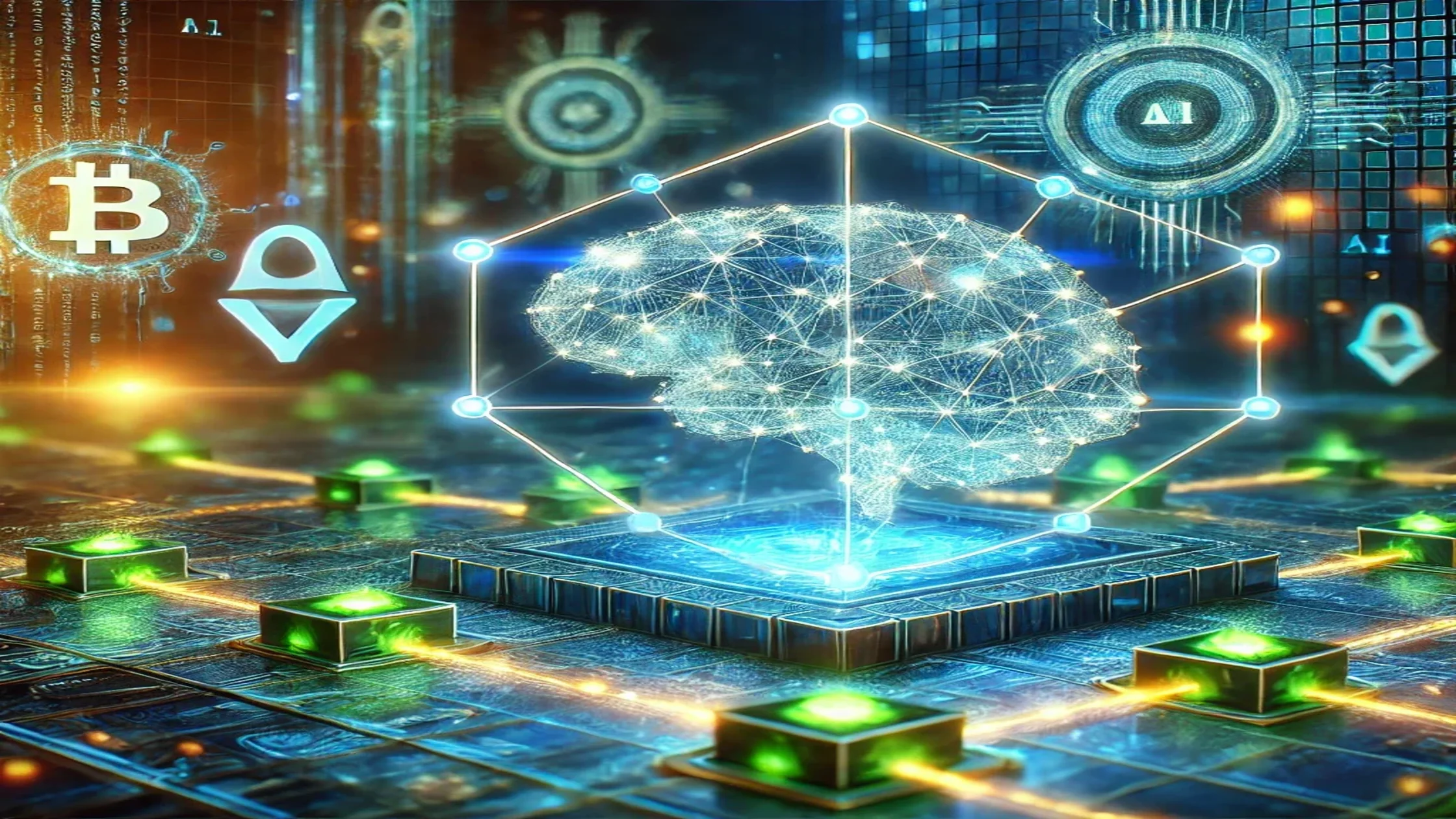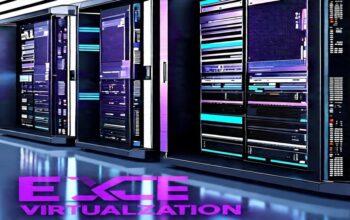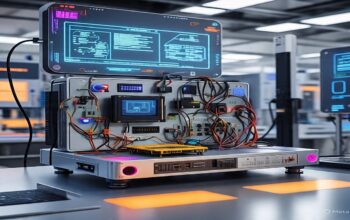Blockchain technology has changed industries. It provides more transparency, security, and decentralization. However, it still faces big challenges. These challenges include scalability problems. It also has issues with energy use. Lastly, it struggles to connect with other systems. Together, AI agents and blockchain form a powerful duo poised to conquer the threats and unlock new frontiers for decentralized innovation.
Covered Contents
ToggleUnderstanding AI Agents and Their Capabilities
An AI agent is a software entity with the capability to autonomously perform tasks, understand new data, and reach intelligent decisions. AI agents differ from traditional algorithms as they are in a continuous process of learning from their environments, making them extremely helpful in decentralized complex systems, like blockchain.
Main Capabilities of AI Agents with Blockchain
Real-Time Data Processing: A lot of data is analyzed in real-time by AI agents with the support of making swift decisions.
Adaptive Learning: They improve over time, identifying patterns and optimizing processes.
Decentralized Decision-Making: AI agents operate autonomously within blockchain networks, ensuring system efficiency without centralized control.
How AI Agents Enhance Blockchain Technology
Improving Scalability
Scalability issues still haunt blockchain networks. AI agents can solve this problem by using predictive algorithms to manage a congested transaction queue. They may dynamically prioritize transactions or share resources between nodes to balance their workloads so that on-peak functionalities go smoothly.
Smart contracts form the backbone of blockchain functionality but often operate based on static rules. AI agents introduce adaptability by analyzing real-time conditions and adjusting contract execution. This can be particularly useful in decentralized applications (dApps), where flexibility can lead to better user experiences.
Revolutionizing Data Security and Privacy
Blockchain provides data immutability, yet weaknesses are always present in entry points. AI agents improve blockchain security by real-time anomaly detection and predictive fraud prevention. For instance, AI algorithms can detect AI algorithms can detect patterns of irregular transactions, thus flagging the potential threat before it gets worse.
Increase Efficiency in Mining and Consensus Mechanisms
MINING AND CONSENSUS ALGORITHMS. Proof of Work solutions are very energy-intensive. AI agents optimize energy consumption by predicting the best routes for mining operations. Moreover, AI agents improve consensus algorithms by analyzing and predicting network behaviors, reducing redundant calculations.
Interoperability Across Blockchains
AI agents can act as intelligent mediators between blockchains, allowing easy cross-chain interaction. This interoperability promotes cooperation and opens an avenue for multi-blockchain systems.
Real-World Applications of AI Agents in Blockchain
Decentralized Finance (DeFi)
AI agents are revolutionizing DeFi by automating portfolio management, risk assessment, and trading through predictive analytics. These capabilities reduce human error and increase profitability for users.Supply Chain Management
In supply chains, blockchain ensures transparency, while AI agents streamline tracking and optimize inventory management. They analyze logistics data in real time, preventing bottlenecks and enhancing efficiency.Healthcare
AI agents integrated with blockchain ensure secure handling of sensitive patient data. For example, they can analyze medical records on decentralized systems while maintaining privacy, enabling personalized treatment recommendations.Smart Cities
Combining IoT devices with blockchain and AI agents enables efficient urban planning. AI agents can analyze real-time data from sensors to optimize traffic flow, energy usage, and public safety systems.
Challenges and Limitations
While the concept of AI agents and blockchain offers great promise, it also introduces challenges:
Computational Overheads:
AI agents are built on complex algorithms that require computational resources, placing a strain on blockchain networks.
Ethical and Governance Issues
AI inherits biases from data used in its training. Thus, fairness and accountability in such decentralized AI systems remain an area of concern.
Scalability of Combined Systems
The resource requirements for AI and blockchain integration call for innovative solutions that will not be bottlenecked.
The Road Ahead: Future Prospects
As AI agents and blockchain are further developed, their combination will drive groundbreaking breakthroughs:
AI-Blockchain Collaborative Ecosystems: Federated learning and decentralized AI networks will create more intelligent and secure systems.
Blockchain for AI Accountability: Blockchain’s immutability will guarantee that AI model training and decision-making processes are transparent.
From finance to healthcare, every industry is keen on embracing the new wave of AI-blockchain collaboration to popularize the mainstreaming process.
Conclusion
While it is more of a complementary technology to blockchain, AI agents constitute the next biggest leap for it. By focusing on tackling scalability, efficiency, and security issues, an AI agent allows blockchain to actually unlock its fullest potential. For industries embracing these powerful combinations of AI and blockchain, the brighter future of decentralized systems has emerged. Together, AI and blockchain set to redefine digital landscapes.
Read More:


